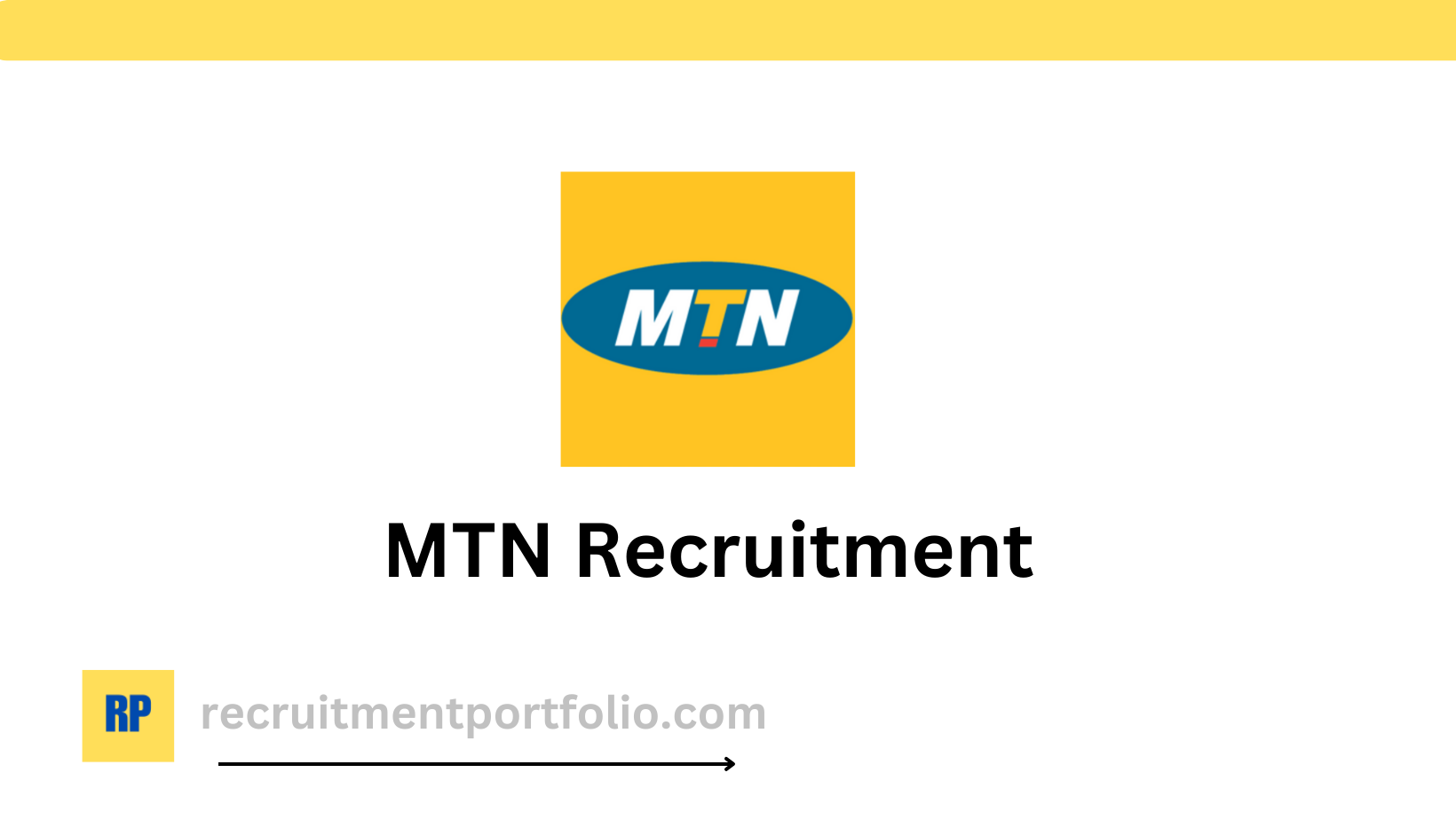
How to Quit your Job the Right way (2024)
How to quit your job the right way (2024)
How to quit your job the right way: There are cases where new opportunity unfolds and you decide to go for it, leaving your old job behind even when it can be tough, it does not mean you should not quit the right way, remember that you may someday need referrals from your soon to be former employer someday.

An employee who is ready to quit, they are ways you can quit rightly while still maintaining good terms with your employer.
In this article, I will share insights on how to quit your job the right way (2024).
You might have interest in: Cover Letter Mistakes to Avoid 2024
How to quit your job the right way
They are ways you can quit while still maintaining good terms with your soon-to-be former employer and colleagues.
step 1: Make and think through your decision
You have to think through your decision about quitting your job. You know you will always find new jobs that interest you. Consider how you will be in your new role. Will you be committed like you were in your old job? Are your holidays and working hours the same as your old job? The benefit you will get from the old job, and compare with the new job’s benefit, how long have you been with your old job.
All these are necessary to take into consideration before quitting, so you have to think it through, as quitting your job is an irreversible act.
Step 2: Review company policies
Does your contract or business policy provide a certain amount of time to give notice when quitting? The majority of businesses need two weeks’ notice, however, this might be 14 days (either calendar or working).
If your company’s policy is to request two weeks’ notice, you should fix your last day. Give them your resignation letter and complete the works you were given.
By this, it will give them time to look for a suitable candidate to replace your position and help you to also leave without any problem with keeping load work for your colleagues or your employer.
Step 3: One-on-one meeting with your boss
If your resignation has a deadline, you may schedule your meeting in advance so that both you and your employer have enough time to make arrangements. Meeting in person shows your employer you value their time and their assessment of your credentials for the position.
A face-to-face meeting enables you to have a fruitful conversation on how to promote a seamless transfer.
Step 4: Get to your point and be direct
When you have scheduled a meeting, discuss your choice right away without delay since doing so will keep your employer guessing or make him think that anything is amiss because you have scheduled a meeting with him.
Talking about your resignation will not only free up your employer’s mind from further considerations, but it may also offer your boss some time to think things over before the meeting ends.
Step 5: offer to help him find someone to fill in your position
Before you leave, if you genuinely want to keep your relationships with your coworkers positive and robust, you should assist them in creating a transition plan, knowing full well that the responsibility will fall on their shoulders in the event of your departure. So make an effort to assist them since you never know where your road may go in the future.
They are ways you can help him find a suitable candidate;
- Help identify strong potential replacement candidates
- Outline requirements and next steps for projects you will not be able to complete
- Complete as many of your current projects as possible
- Train your replacement, if possible
Step 6: Complete your duties
Try as much as you can to keep doing your work until the very last day. Don’t forget, you are still an employer till your last day.
Doing your job to the last day will not only help the company reduce the workload on other employees, but it will also make them not have anything against you or your work. With this, you can leave with a clear mind, knowing fully well that you haven’t left any work unattended to.
Step 7: Talk to the rest of your team
After talking to your boss about your resignation, you can as well tell your team member, so they won’t get shocked by you suddenly staying away from work.
Talk to them and appreciate their effort in joining hands with you to make the team work.
This will help you leave knowing that you don’t anyone any apology for not telling me about your resignation.
Things to avoid when quitting your job
They are things that are considered unprofessional when quitting
Trash-talking your boss/company: You may be tempted to say this especially when you do not like your employer or the company you worked for, but it is very disrespectful and can leave a bad taste in the mouth of the company.
Not preparing your successor: Try as much as you can to complete your job, prepare your successor and leave no workload for your successor. It is a bad thing to do.
Telling your team before your boss: it is a very bad thing to tell your team that you are resigning before you tell your boss, new can fly and it won’t be nice if your boss hears about your resignation from another person from your team. It is seen as disrespectful.
Sending mailing late: It is inappropriate to send mail on the same day you are leaving, or a few days before the day you are resigning. It is unprofessional and uncalled for in any company. Send in your mail or you tell your boss easily to help them prepare for a new successor.
Leaving without proper notice: Leaving your work without properly informing your boss is very inappropriate, as it will make you leave with a bad reputation.
You can also check out: Ten (10) Warning Signs That It’s Time to Quit Your Job
Conclusion:
Even though quitting might be extremely painful, there are methods to do it properly so as not to damage your reputation, reflect poorly on the business, or even insult your supervisor. To ensure that you may leave without upsetting your supervisor or your coworkers, you should arrange a meeting with them and submit your formal resignation.










